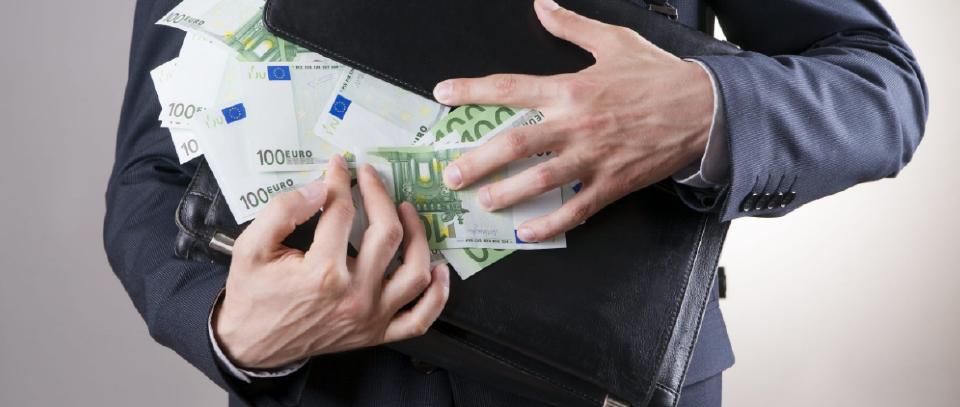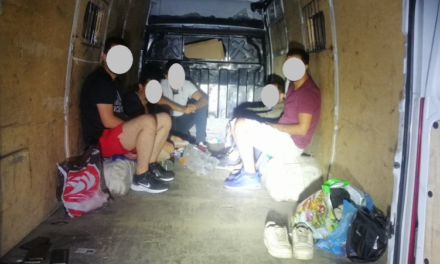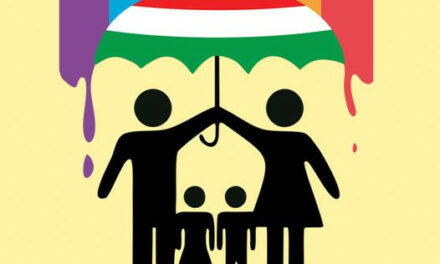The EP's corruption scandal seems to be affecting the Progressive Alliance of Socialists and Democrats (S&D). Ever since the bribery cases came to light, socialist representatives have come under increasing suspicion, but members of other parliamentary groups do not seem to have participated in the series of frauds that rocked the European Parliament. This is therefore the internal affairs of the socialists, and accordingly, serious contradictions have developed between them: many point at each other, and others harbor distrust towards their peers.
Within the European Parliament's second-largest group, long-standing geographical divisions are fueling mistrust and discord, among other things. The socialist group with members from 26 EU countries has to bridge the cultural and geographical differences related to the handling of corruption, which has also brought to the surface the north-south fault line, reports the Brussels-based Politico .
But this is only one fault line. The most serious debate between the representatives is about how determined they should be to protect their colleagues who are under suspicion.
Some also criticize how the caucus leadership has handled months of concerns about Eva Kaili, who is now being held in custody pending a court hearing.
True, the socialists seem united from the outside. Their leader, the Spanish Iratxe García, tried to react energetically to the bribery case involving the party alliance, prepared an ambitious ethical reform proposal and launched an internal investigation, while no one openly questioned his position.
However, this unity seems to be falling apart from the inside, the faction's politicians harbor a high degree of mistrust towards each other. " I feel that the members of our representative group have betrayed us, " said Mohammed Chahim, representative of the Dutch Socialists.
According to the newspaper, the left-wing MEPs not only struggle with a sense of personal betrayal, but also fear that connections with corruption could crush their otherwise promising election prospects. Due to the rise of Olaf Scholz in Germany and the popularity of Finland's Sanna Marin, many thought that the party alliance would collapse in 2024. But now they don't look like suitcases full of cash.
The full article from Hirado.hu can be read here.
Image: Illustration













